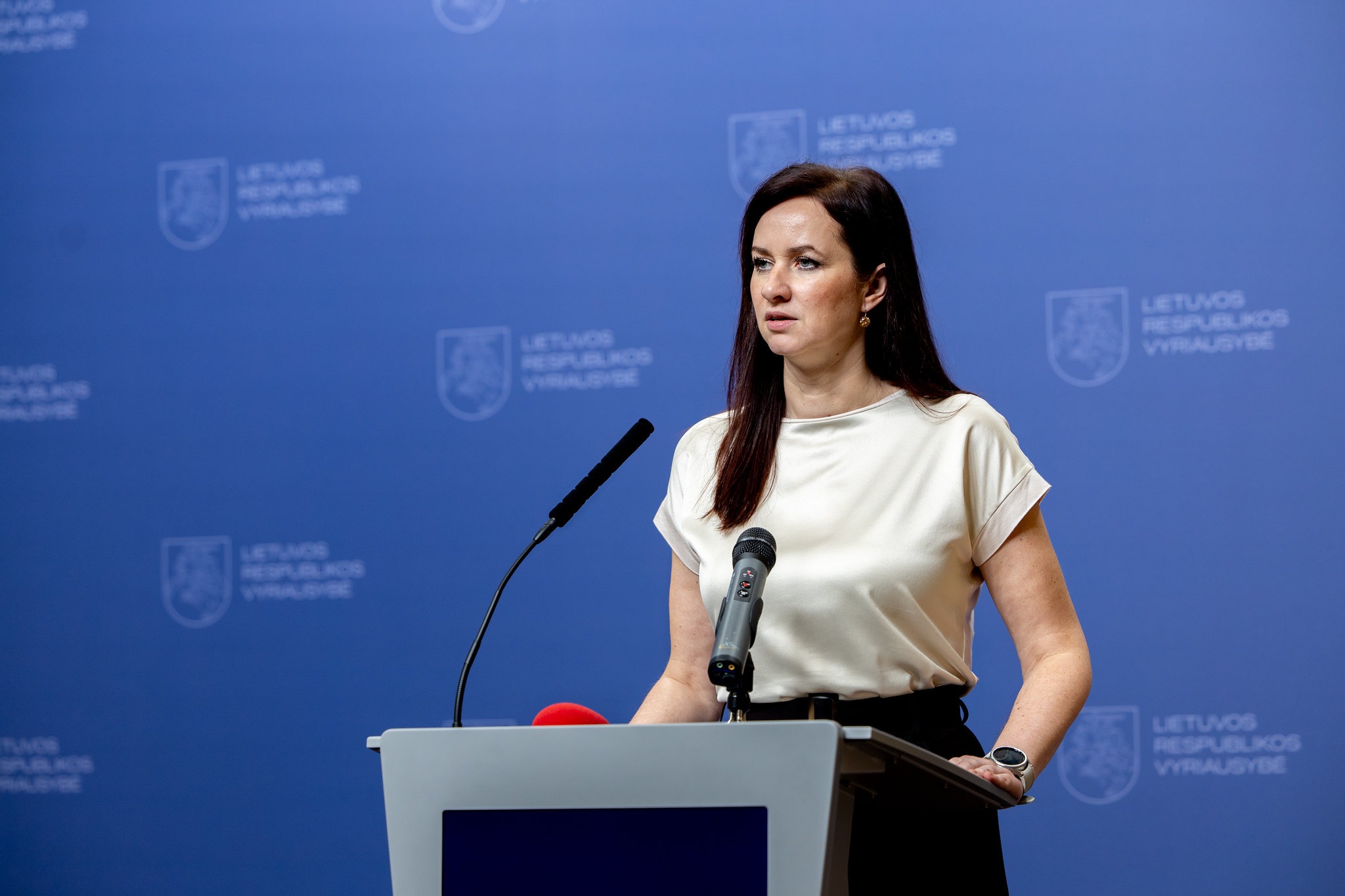
Main narratives:
- Baltic states are Russophobic.
Overview:
Kremlin-aligned Telegram channels are propagating narratives that portray Latvia as hostile towards its Russian-speaking population, presenting a narrative of increasing tension and potential conflict. Most popular posts last week highlighted and amplified statements by Latvian public figures that can be interpreted as anti-Russian, such as historian Guntis Zemītis’s comments about Russians living in Latvia becoming hostile and National Alliance politician Liana Langa’s inflammatory rhetoric comparing Russians to “invasive pest species.” Another example was an occasion where some Latvians were outraged over a football coach speaking Russian. These posts strategically cherry-pick these specific statements to stoke division. They present these events as evidence of systematic discrimination against Russian speakers, portraying Latvian society as increasingly intolerant and threatening to its Russian-speaking residents.
By emphasizing statements that suggest potential conflict or marginalization of Russians in Latvia, these posts aim to create a perception of growing hostility, positioning the Russian-speaking population as victims of an aggressive, anti-Russian society and state. The posts also call for collective action against public figures like Langa, framing her statements as beyond acceptable discourse and demanding public accountability, thus attempting to further polarize societal attitudes and create a sense of threat and urgency among Russian-speaking Latvians.









